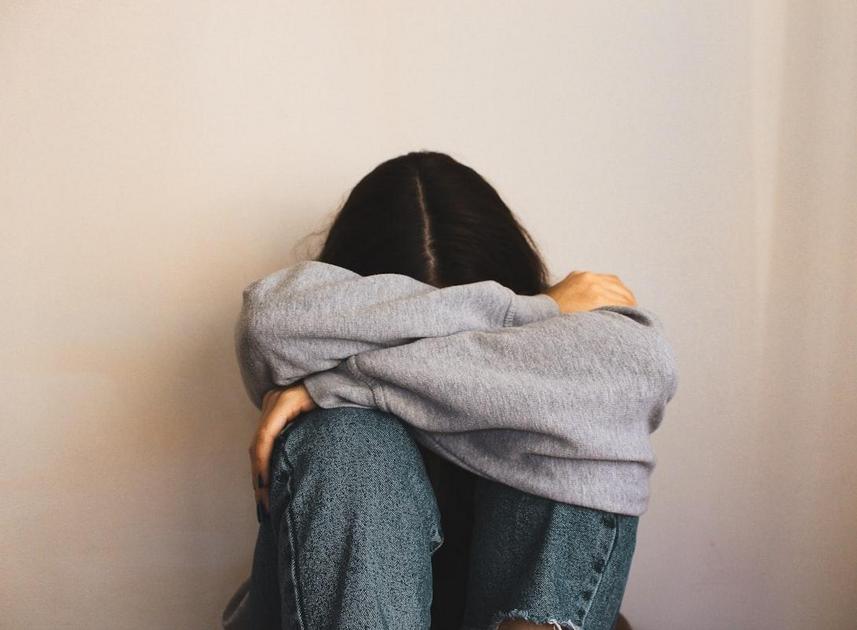Anxiety and Menopause: Recognizing Warning Signs in Women
Experiencing anxiety during menopause is more common than you might think. Many women find themselves navigating this challenging phase, often noticing subtle signs like hot flashes and fatigue. In this article, we’ll discuss how these warning signs can manifest and what you can do to manage them effectively. Remember, you’re not alone in this journey, and there is hope for brighter days ahead.
Understanding Anxiety During Menopause
Anxiety during menopause is more common than many women realize. As our bodies go through significant changes, it’s natural to feel a shift in mood and emotions. The hormonal rollercoaster of menopause can create or amplify feelings of worry and unease. Many women find themselves experiencing anxiety at this stage of life, leading to sleepless nights and restless days.
This anxiety can manifest in a variety of ways. You might feel overwhelmed with small tasks or anxious without a clear reason. Understanding that these feelings are rooted in hormonal changes can be reassuring. You’re not alone in this journey; many women share your struggles. Talking about it openly can help normalize your experience.
Common Warning Signs Women Should Not Ignore
Recognizing the signs of anxiety during menopause is key to managing it effectively. Here are some common warning signs that should not be ignored:
- Increased Worry: Do you find yourself worrying excessively about your health, career, or relationships?
- Restlessness: An inability to relax or sit still can indicate anxiety creeping in.
- Sleep Disturbances: Trouble falling asleep or staying asleep can be a sign of both menopause and anxiety.
- Irritability: Feeling on edge or easily irritated may be a result of hormonal fluctuations and anxiety.
- Physical Symptoms: Headaches, chest tightness, or rapid heart rate can accompany anxiety.
If you notice these signs, it might be time to explore how to manage your symptoms effectively.
The Connection Between Hot Flashes and Anxiety
Hot flashes are one of the most well-known symptoms of menopause, but did you know they can also be linked to anxiety? Many women experience hot flashes that trigger feelings of humiliation or worry, especially in social situations. It can feel like your body is betraying you at the most inopportune moments.
The physical sensation of a hot flash can be distressing, causing a cycle of anxiety. You may worry about when they will occur and how you’ll cope. Understanding this connection can help you approach your symptoms with more compassion and patience.
Fatigue in Menopause: What You Need to Know
Fatigue during menopause can feel like an unwanted companion. You might have days when even getting out of bed seems overwhelming. This fatigue can stem from hormonal shifts, but it can also be exacerbated by anxiety. Day-to-day stress can leave you feeling drained, impacting your overall quality of life.
Many women find their energy levels fluctuate dramatically during this time. Simple activities may become exhausting. It’s important to listen to your body. Take a break when you need it, and practice self-care. Your wellbeing matters more than a busy schedule.
How Hormonal Changes Impact Emotional Health
Hormonal changes during menopause, particularly the decline in estrogen, can significantly affect your emotional health. Estrogen is linked to mood regulation, and when levels drop, feelings of sadness or anxiety can increase. It’s like your emotional compass has gone haywire.
Recognizing that your feelings are connected to these hormonal changes might help you feel less alone. Many women navigate these waters, and understanding that emotional fluctuations are a normal part of the process can ease some anxiety.
Practical Tips for Managing Anxiety Symptoms
There are several practical ways to manage anxiety symptoms during menopause:
- Mindfulness and Meditation: Practicing mindfulness can help you stay present and reduce anxiety.
- Regular Exercise: Physical activity can boost your mood and help you feel more energized.
- Healthy Eating: A balanced diet rich in vitamins and minerals supports your emotional health.
- Connect with Others: Sharing your experiences can reduce feelings of isolation and anxiety.
- Limit Caffeine and Alcohol: These substances can exacerbate anxiety symptoms.
Implementing these tips into your routine can gradually help you regain control over your feelings.
Creating a Supportive Environment for Yourself
Your environment plays a crucial role in your mental health. Surrounding yourself with supportive friends and family can provide a strong foundation during this time. It’s okay to ask for help or lean on those who understand what you’re going through.
Creating a peaceful space in your home can also help reduce anxiety. Make sure your environment feels calming and safe. This might include cozy blankets, soothing colors, or relaxing scents—whatever brings you comfort.
Natural Remedies to Reduce Hot Flashes
If hot flashes are a significant concern, there are natural remedies you can explore:
- Herbal Supplements: Some women find relief with black cohosh or evening primrose oil.
- Cool Clothing: Wearing lightweight, breathable fabrics can help minimize discomfort.
- Stay Hydrated: Drinking plenty of water can help regulate body temperature.
- Regular Bathing: Warm baths with essential oils can provide both relaxation and relief.
Trying these remedies might ease some of your symptoms. It’s all about what works best for you.
When to Seek Professional Help for Anxiety
If your anxiety feels overwhelming or interferes significantly with your daily life, it may be time to seek professional help. A therapist or counselor can provide support and strategies tailored to your needs. Don’t hesitate to reach out for help; you deserve to feel your best.
Sometimes, just talking about your feelings can be a relief. Feeling understood is a powerful tool in overcoming life’s challenges.
Inspiring Stories: Women Who Overcame These Challenges
Many women have faced similar challenges and have come through the other side stronger. Like Sarah, who learned to manage her anxiety through mindfulness and connecting with other women in her community. Or Emma, who discovered that sharing her story and experiences helped her heal.
These stories show that change is possible. You, too, can find relief from these symptoms. There is hope, and there are solutions available for the challenges you face. Countless women have improved their symptoms and discovered newfound strength.
By following simple step-by-step methods that have worked for others, you can also reclaim control over your body and mind. It’s about taking small steps towards a healthier, happier you. Remember, you are not alone on this journey, and brighter days are ahead. Take that first step today!













